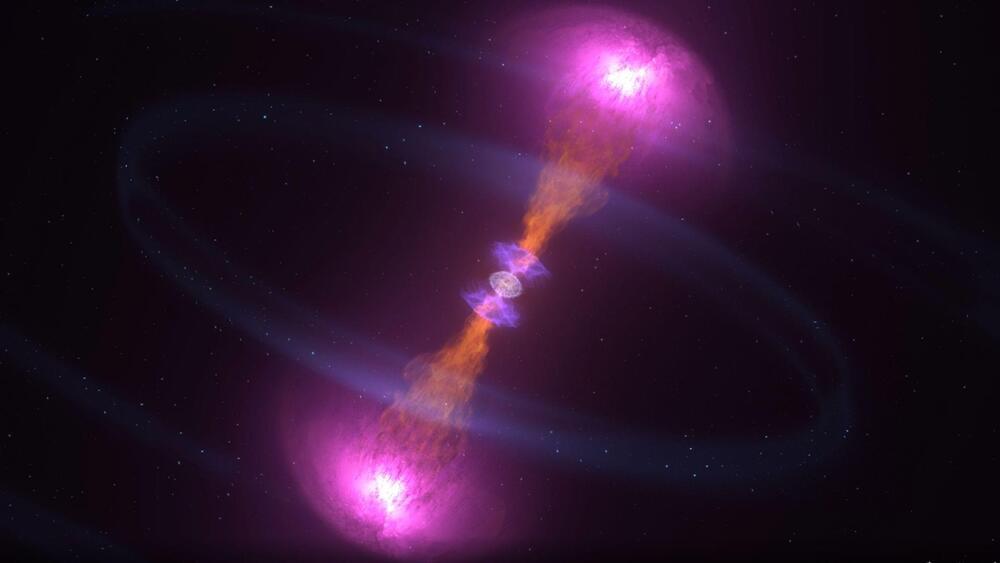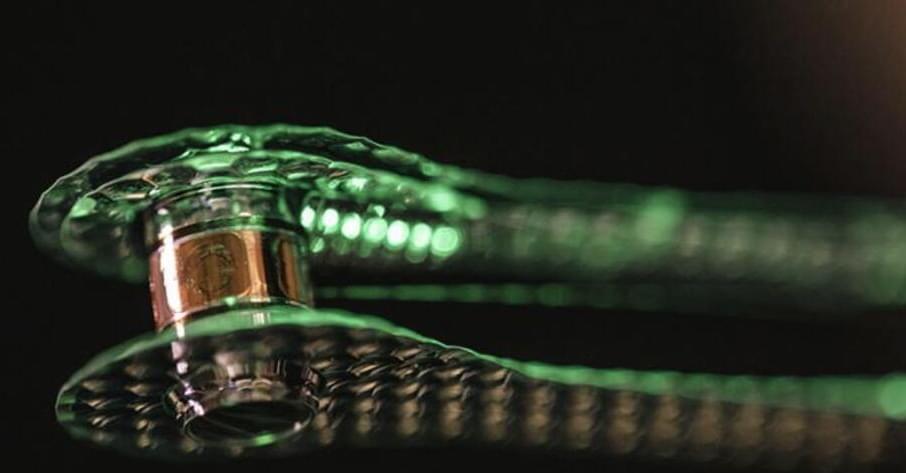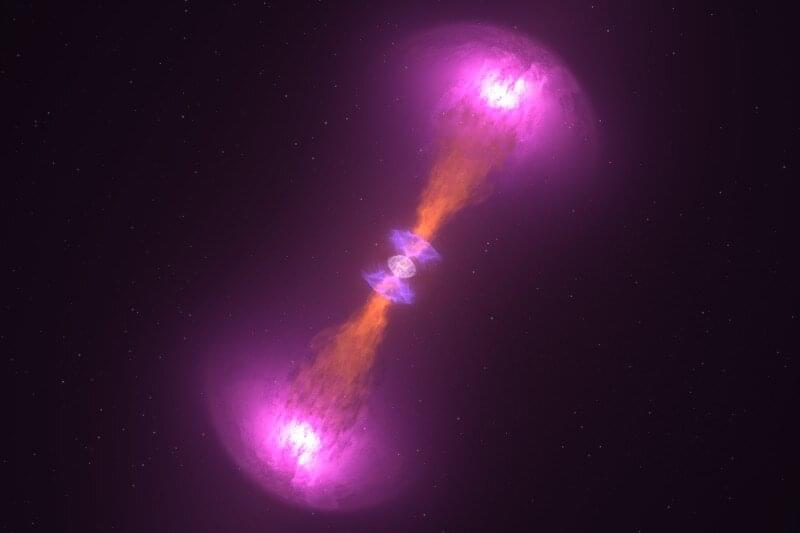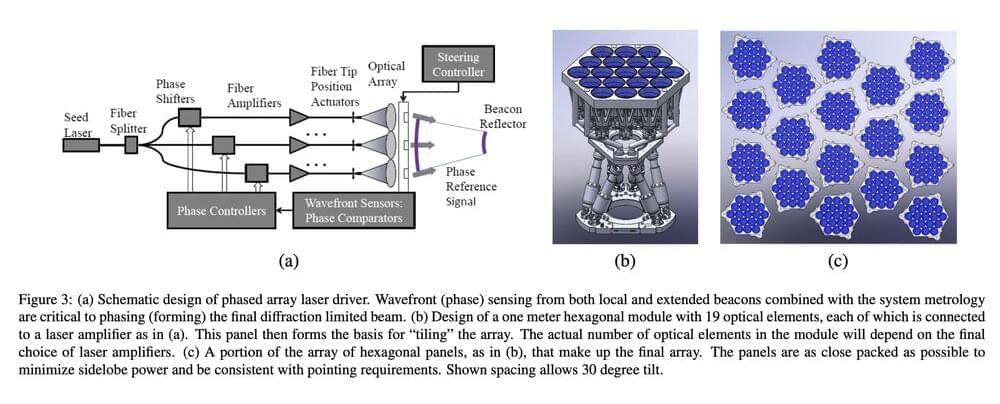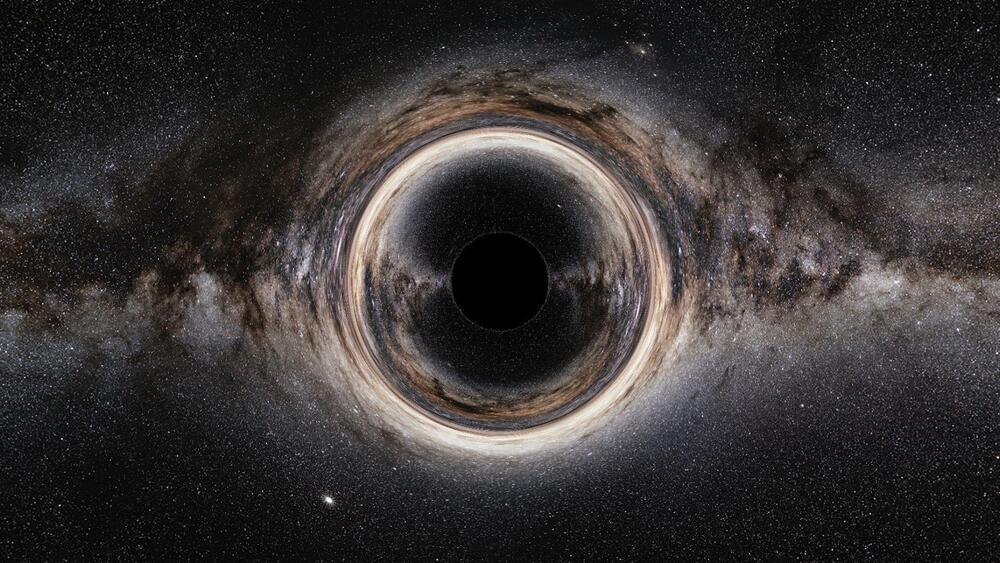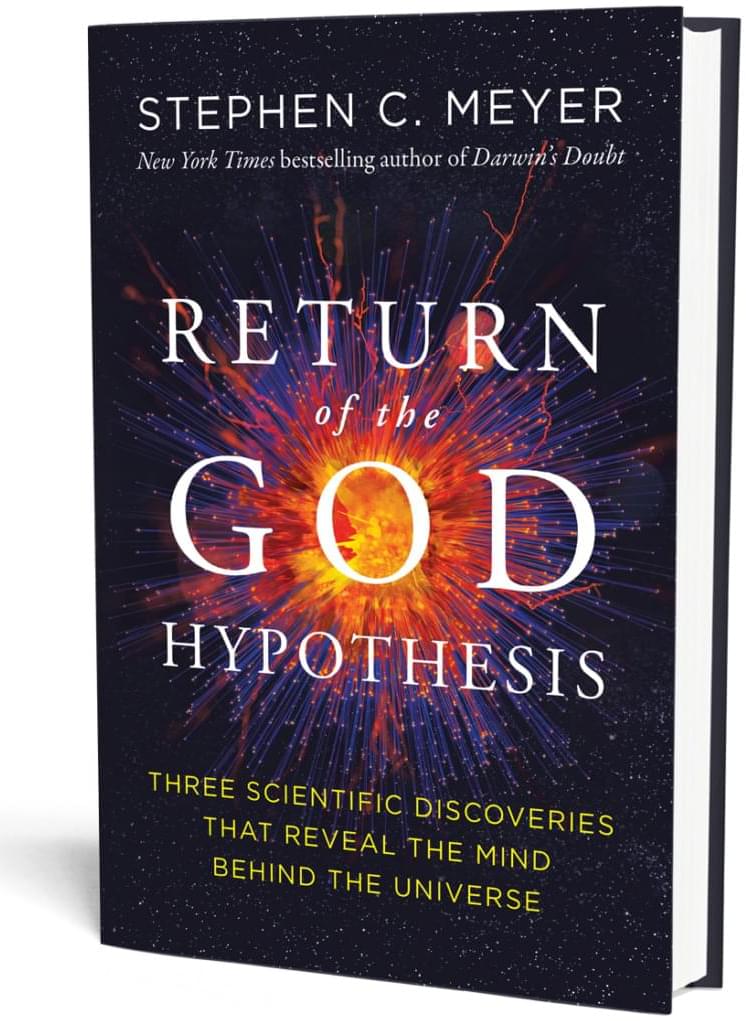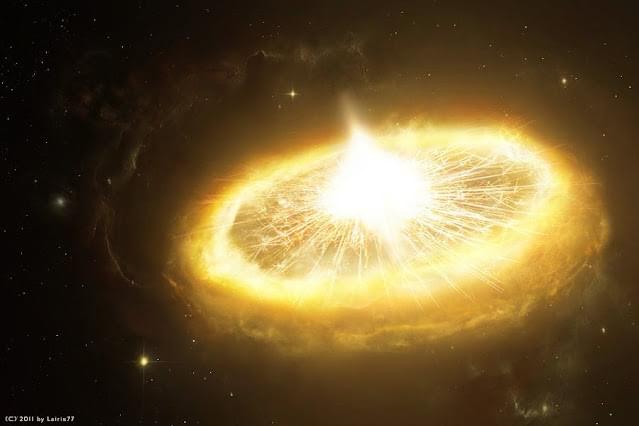Aug 22, 2022
Inside a neutron star — new insights from gravitational waves
Posted by Genevieve Klien in categories: physics, space
University of Birmingham researchers have demonstrated how unique vibrations, which are caused by interactions between the two stars’ tidal fields as they approach each other, affect gravitational-wave observations.
Taking these movements into account could significantly improve our understanding of the data collected by the Advanced LIGO and Virgo instruments, according to a press release published on the institute’s official website on Thursday.
“Scientists are now able to get lots of crucial information about neutron stars from the latest gravitational wave detections,” said Dr. Geraint Pratten of the University of Birmingham’s Institute for Gravitational Wave Astronomy. “Details such as the relationship between the star’s mass and its radius, for example, provide crucial insight into fundamental physics behind neutron stars.”
